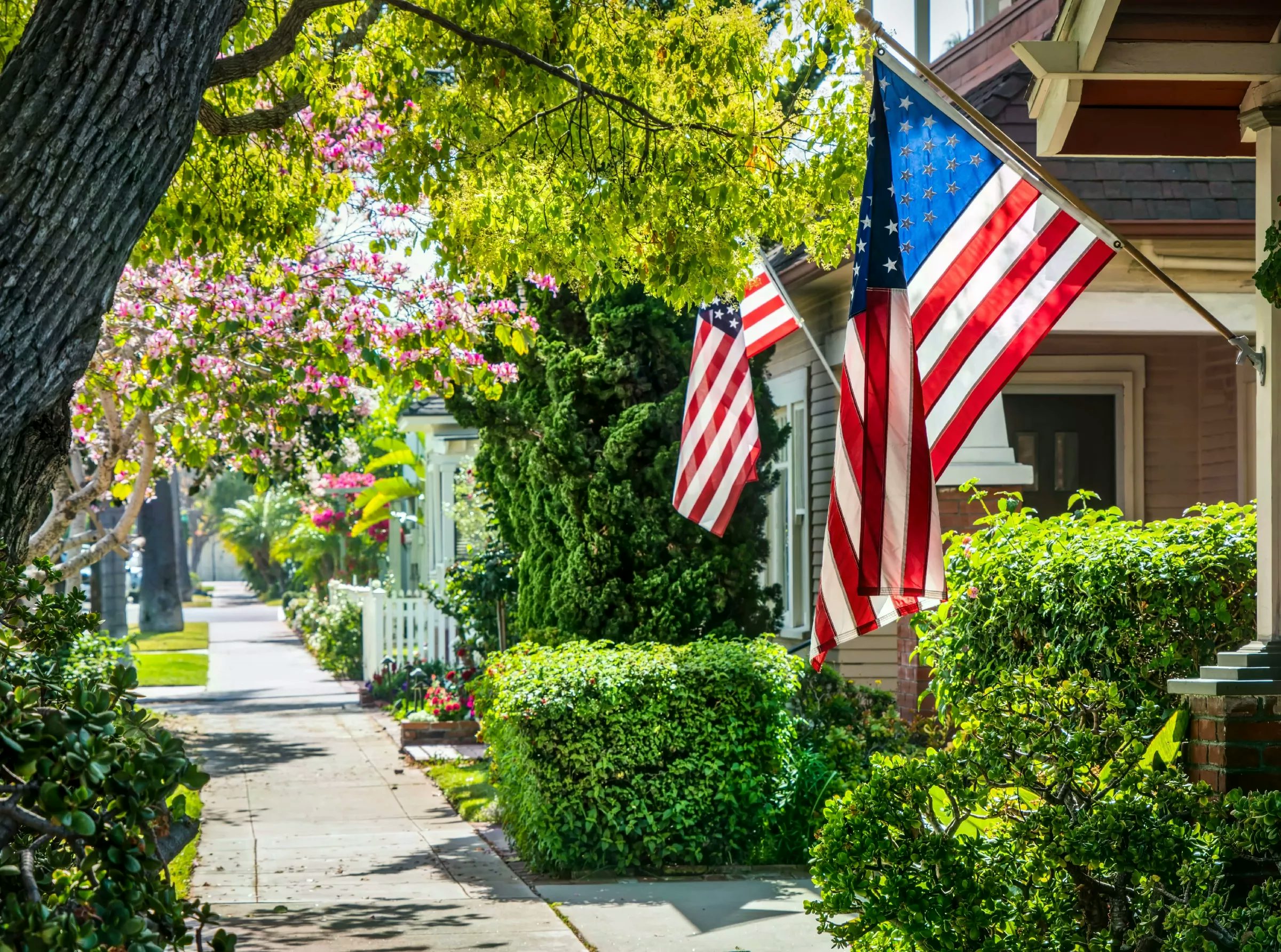Our Real Estate Tools
Check out some of our great tools to help you with your real estate experience.
Mortgage/Real Estate Calculators
Real Estate Calculators
Mortgage Guides
Mortgage Rates
Tax Calculators
Real Estate Insurance Calculators
"Casaplorer empowers all Americans with the choices, tools, and insight needed in their real estate journey."
Hanif Bayat
Founder and CEO

